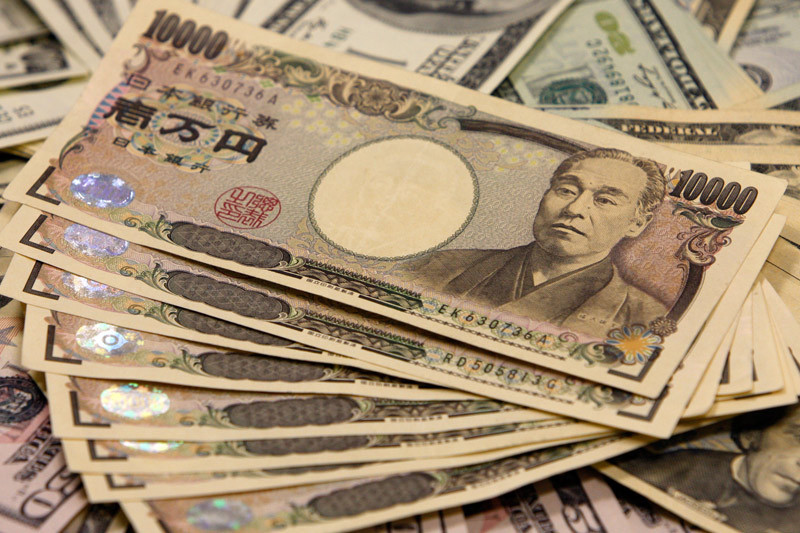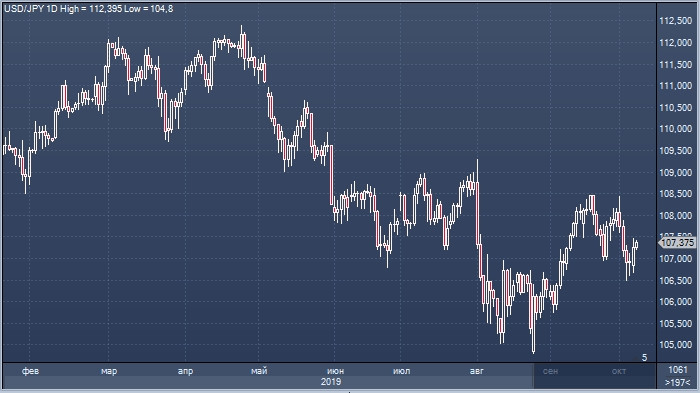
The Japanese currency has proven itself in the world market. Many investors and traders consider it the most suitable protective asset. Experts are betting on it in the event of a recession in the global economy.
The yen is considered the most attractive asset compared to other safe-haven currencies. It occupies a special place among the key means of payment. This is due to the status of the yen as a cheap hedging instrument in the conditions of the total economic downturn caused by the slowdown of the American economy and the escalation of the trade conflict between China and the United States.
Currency strategists at JPMorgan Chase & Co believe that the real effective rate of the Japanese currency is 15% cheaper than the average over the past 20 years. This makes the currency of the Land of the Rising Sun more attractive and profitable compared to other protective assets. In the event of a recession in the world market, experts recommend investing in the Japanese currency.
At the moment, the "samurai" currency remains stable. The USD/JPY pair is trading in the range 107.17-107.20. In this tandem, the yen has shown a sharp strengthening. Last week, the Japanese currency rose by 0.9%, reacting to weak economic data on the US labor market.
Earlier, currency strategists at several leading banks noted that a major repayment of Japanese government bonds would take place before the end of the year. Such a situation could put pressure on the yen, analysts warn. Nevertheless, JPMorgan insists on good prospects for strengthening the Japanese currency. The bank is confident that it can strengthen the Australian and New Zealand dollars.
The yen will be supported by concerns about global economic growth, which contribute to the reduction of US bond yields. Recall that Japanese investors who purchase foreign assets always carefully monitor the profitability of treasuries. At present, the key indicator of the yield on 10-year securities has decreased significantly and is near the monthly minimum at 1.587%.
JPMorgan experts maintain long positions on the yen in its portfolio in the EUR/JPY pair, as well as in the Australian and New Zealand dollar pairs. Analysts have relied on the growth of the Japanese currency mainly through options.






















